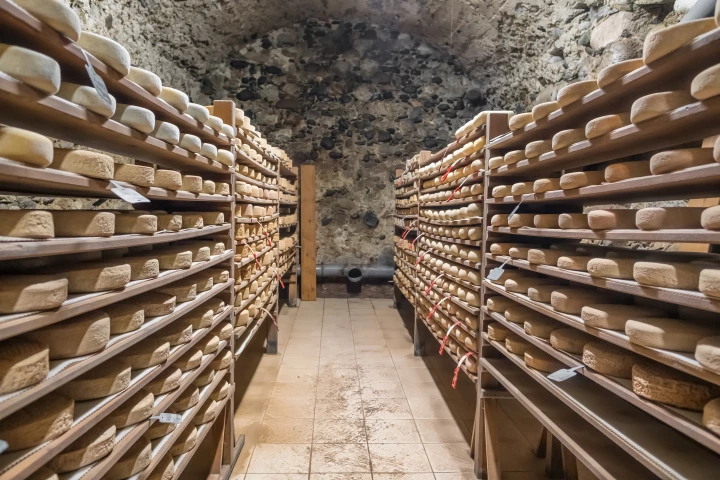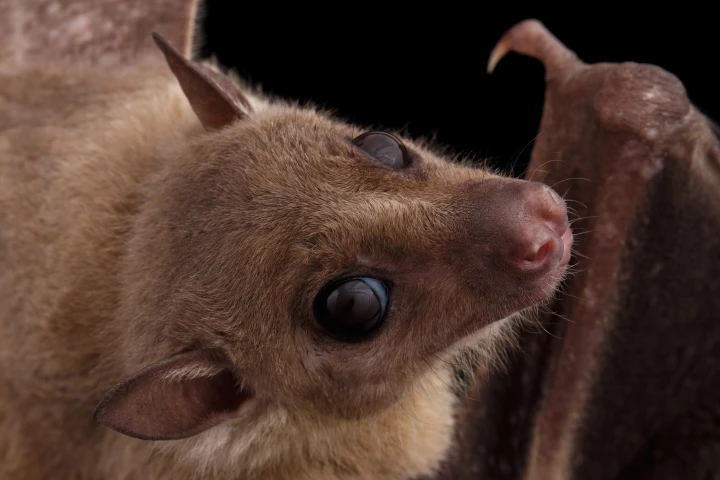Food technology
-
For anyone who's always eating on the go, you now have another option to manage hot meals while commuting without requiring the use of a microwave oven. The HeatWave Go is a self-heating lunch box that uses infrared technology to warm up meals.
-
Simon Mildren, an Australian firefighter with a passion for beekeeping, has streamlined the beekeeping process with the Hivekeepers Micro Honey Harvester system. It sounds like it could be ideal for the recreational or small-scale beekeeper.
-
Allergen Alert, from French food safety diagnostics company bioMerieux, is a “pocket-sized laboratory” instrument capable of identifying food allergens. It was recently unveiled at the 2026 Consumer Electronics Show in Las Vegas.
-
In order for farmers to know if their fruit is ripe, they have to pick and analyze pieces of that fruit, reducing their yields. Utilizing a new technique, however, they could soon leave all the fruit intact, analyzing the leaves beside it instead.
-
When you're checking the freshness of a piece of fish that you plan on eating, you want results right away. That's where a new microneedle-based sensor comes in, as it delivers a yay or nay in less than two minutes.
-
It's a well-known fact that if you're trying to cool your mouth after eating spicy food, you should drink milk, not water. Bearing that fact in mind, scientists have developed an "artificial tongue" that measures food spiciness using a milk protein.
-
A dangerous type of bird flu virus (called H5N1) continues to circulate among dairy cows in the US. Infected milk can expose other cows, pets, wild animals, and possibly humans to the virus, a potential threat beyond just the farm.
-
A study has for the first time homed in on the specific combination of temperature, acidity, and microbes involved in the fermentation process for cocoa beans. They propose an ideal microbial formulation for developing the flavors of fine chocolate.
-
Soy has been a kitchen hero in Asia for centuries, packed with nutrition and health perks but many Western eaters shy away due to their "beany" taste, perceiving them as grassy and earthy. So can scientists engineer a new kind of tasty soy bean?
-
A chance discovery in a US cheese cave has given scientists a rare glimpse of evolution in real time – and the surprise findings have huge potential for protecting human health, enhancing food security and even delivering new flavors to turophiles.
-
Following on from last year's 34th First Annual Ig Nobel Prize, the 35th First Annual Ig Nobel Prize night took place at Boston University this week, celebrating the joy of science: Real research with some delightfully sideways paths of investigation.
-
Scientists have hacked the meaning of a "light meal," creating microlasers that use natural products to emit beams through food. They're also completely safe to eat. It's the first demonstration of laser emission from an entirely edible system.
Load More











